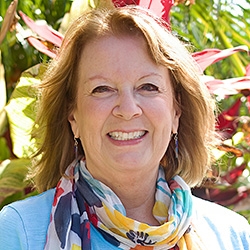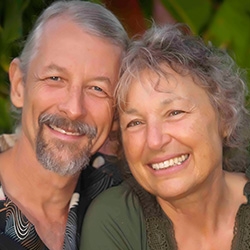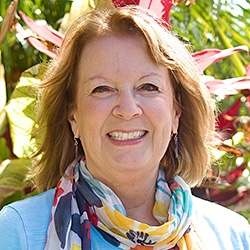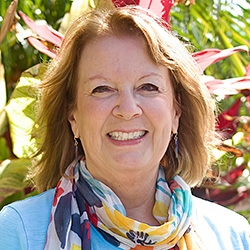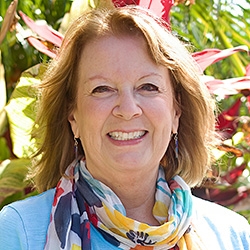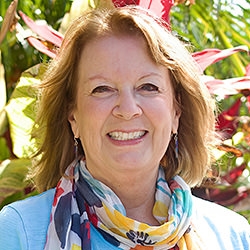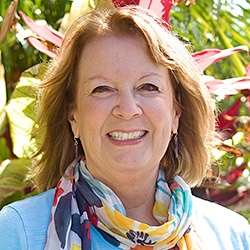
Search Results: helping
-
-
Eric offers some tips for nurturing and affirming ourselves as a daily practice.
-
It's important to make requests specific and doable. Also, without a swift request immediately after we state our observation, feeling, and need in regard to the situation, the other person is left guessing what we want. Instead, a swift request can bring clarity and lessen the potential for the listener to become defensive or argue.
-
Dear readers,
I’m writing this letter from Bangalore, India. The monsoons have begun in the South of India after a long, dry summer and we’re grateful for the rain.
-
- Understand the dynamics of power struggles
- Explore practical strategies for navigating power imbalances
- Discover ways you can share power in various relationships
- Explore how NVC supports a move away from domination, into shared power
-
-
-
-
Ask the Trainer: "I feel a lot of fear or nervousness about approaching a neighbor who uses 'wastebasket talk.' Once she's engaged, there are only two techniques that interrupt the flow: leaving or interrupting."
-
Using his own life experience, Eric explores why we need support from others, what support might look like, and what blocks us from asking for support for our relationships.
-
In this brief video, CNVC Certified Trainer and Inner Relationship Focusing Guide and teacher, Gina Cenciose, teaches that our inner relationship is the basis for both Focusing and NVC work.
-
Can you give me advice on what to do when people won't talk to me? I find it very difficult to discover what their needs are that aren't being met! Also, how can I be effective with people who don't actually want to think about why they're being the way they are?
-
Trainer Tip: Knowing the difference between what we need and what we want someone else to do about that need can have a profound impact on our relationships and our happiness.
-
Trainer Tip: Q: How do we get the love we want? A: Ask for it.
-
Trainer Tip: Q: How do we get the love we want? A: Ask for it.
-
It is the first day of December and it seems to me as if 2023 went by with a flash. I have felt deep despair about the growing division between people and the devastating impact it has had on human beings, all life in fact, including our planet. And, I have also experienced many moments of joy and satisfaction this year.
-

What are the most powerful things I can do to build an inspired relationship? I answered the question with romantic relationships in mind; however, I believe the answer below applies to all important relationships.
-
Trainer Tip: On a scale of 1 to 10, how is your emotional bank account? If it’s lower than you like, consider what you can do right now to bring it closer to balance. Everyone in your life, and most especially you, will benefit from this. Even 15 mins of empathy may nourish you with accompaniment and perspective, even when the issues or circumstances in your life are the same.
-
If you’ve ever dreaded attending a meeting – or watched in dismay as your group collapses into conflict – know that a methodology known as Convergent Facilitation offers you possible solutions. It’s based on one simple experience: that people come together at the level of their underlying principles, needs, aspirations, and dreams, not at the level of their surface positions.
Convergent Facilitation is a highly efficient decision-making process developed by Miki Kashtan from the principles of Nonviolent Communication. It enables you to look beneath the surface and find the essence of what’s important to different stakeholders, and bring it together into one set of principles that lead to proposals and ultimately decisions. As a result, it readily produces solutions and decisions that everyone can embrace.
-
Dialogue is a life-changing, heart-opening experience. It’s collaboration instead of compromise. Join Miki Kashtan for a practical, step-by-step framework to help you understand how a community develops, how to maintain or repair a community, and how this unique process creatively supports you and each member of your community in getting things done.


